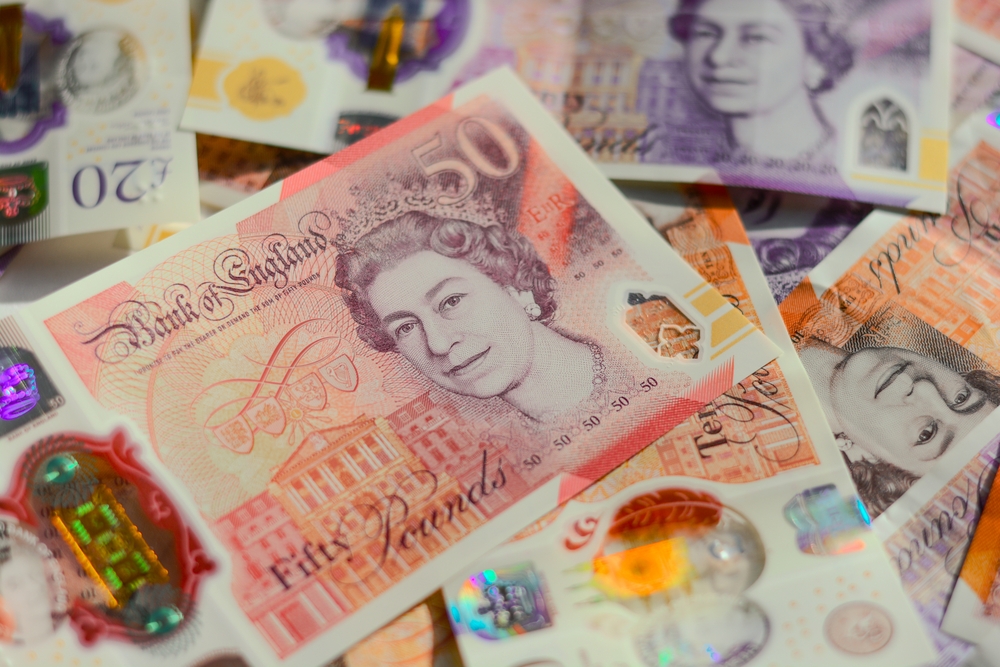The UK government has announced significant tax administration changes, removing up to 300,000 taxpayers from the obligation to file a Self-Assessment tax return. This reform is expected to benefit individuals with side hustles, including those selling clothes online, offering dog-walking or gardening services, driving taxis, or creating content online.
Increase in Income Tax Self-Assessment Threshold
As part of a broader transformation of HMRC into a more efficient and modern entity, the tax minister, James Murray, will announce plans to raise the Income Tax Self-Assessment (ITSA) reporting threshold for trading income from £1,000 to £3,000 gross within this parliamentary term. This change will:
- Benefit approximately 300,000 taxpayers, 90,000 of whom will have no tax liability and no need to report trading income to HMRC.
- Allow remaining taxpayers to pay any owed taxes via a new, simplified online service.
- Support the government’s Plan for Change by reducing administrative burdens and fostering economic growth.
Simplifying Temporary Importation Procedures for Art and Antiques
Murray will also announce improvements to the government’s Temporary Admission customs procedure, making it easier for sectors such as art and antiques to access tax relief on temporarily imported goods. This will enhance the UK’s international competitiveness in these industries.
HMRC Digital and Trade Modernisation
A new digital pilot with the United States will be introduced to streamline trade processes. The initiative aims to:
- Improve communication between HMRC, U.S. authorities, and businesses using digital credentials and secure real-time data transfers.
- Enhance supply chain efficiency between UK and U.S. businesses.
- Simplify the process of requesting trade benefits.
Tackling Tax Fraud and Phoenixism
To combat phoenixism—where company directors dissolve businesses to evade tax—HMRC and the Insolvency Service will implement joint measures, including:
- Increased use of securities requiring upfront tax payments from new companies.
- Holding rogue directors personally accountable for unpaid taxes.
Additionally, a new reward scheme will be launched to encourage whistleblowers to report tax fraud, inspired by successful models in the U.S. and Canada. Informants could receive compensation based on a percentage of the recovered tax revenue.
Investment in HMRC Staff and AI Technology
To close the tax gap and enhance compliance, the government has allocated over £1.5 billion to HMRC, enabling the recruitment of:
- 5,000 additional compliance caseworkers.
- 1,800 debt collection officers.
- An extra 600 compliance staff starting this month.
AI-driven improvements will enhance the efficiency of compliance operations, raising an estimated £6.5 billion annually by 2029/30.
Enhancing Customer Service at HMRC
HMRC is undertaking several measures to improve customer service:
- Trialling generative AI to direct taxpayers to relevant guidance on GOV.UK.
- Testing voice biometrics for security verification, with a planned nationwide rollout.
- Launching a new escalation service for tax agents dealing with long-standing Self-Assessment and PAYE queries.
Industry Reactions
Industry leaders have welcomed these reforms:
- Ellen Milner, Chartered Institute of Taxation: “A simpler tax system allows business owners to focus on growth instead of bureaucracy.”
- Eve Williams, CEO of eBay UK: “Removing tax return paperwork will help side hustlers grow into full-fledged businesses.”
Conclusion
These reforms reflect the government’s commitment to streamlining tax administration, fostering economic growth, and improving HMRC’s efficiency. By reducing red tape for self-employed individuals and modernising compliance measures, the government aims to create a more business-friendly tax system in the UK.
Info obtained here





